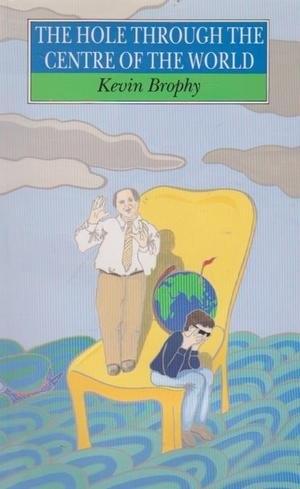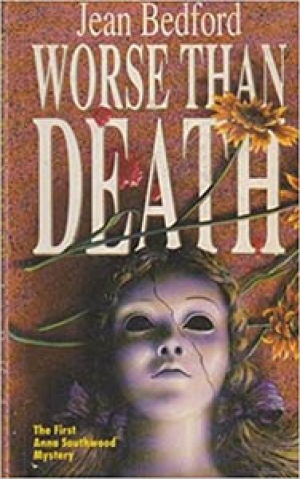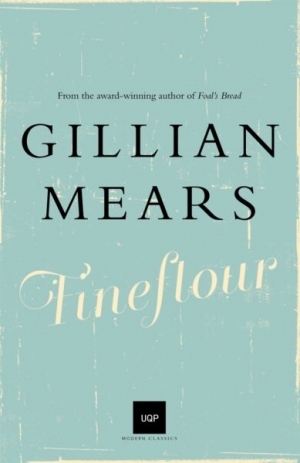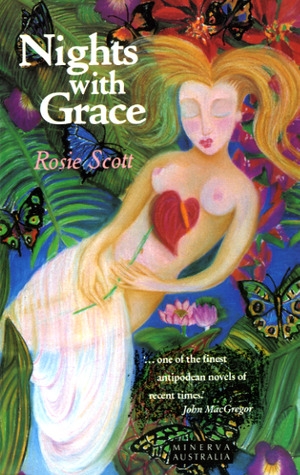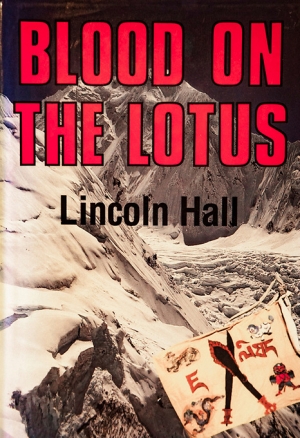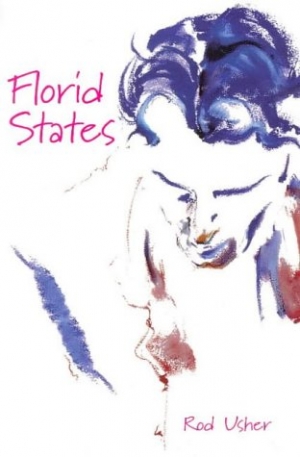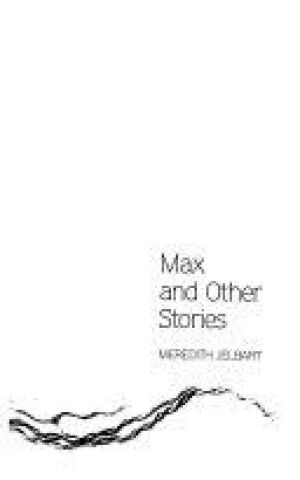Fiction
Michelle de Kretser reviews 'The Hole Through the Centre of the World' by Kevin Brophy
Current events in the Gulf suggests that the political lessons of this century notwithstanding the unbelievers of the West still have faith in the efficacy of the short sharp shock administered by a hi-tech war. Religion sustains one side, Science the other and God of course, as always, is on both.
... (read more)Jane Stephens reviews 'Worse Than Death' by Jean Bedford (with Tom Kelly)
The publisher’s blurb for Worse Than Death notes that the book is ‘a long awaited move across genres for Jean Bedford’. A backhanded compliment, but no doubt sincerely meant. As it happens, the first Anna Southwood mystery is a pretty lacklustre effort – far from the ‘tight and pacy read’ promised by this same blurb.
Anna Southwood, a tomboy type with – you guessed it – unruly red curls – has set herself up as a private investigator after the death of her husband. He has made a quid or two from shady deals, she has time on her hands, a career in mind and a mate with a PI’s licence.
... (read more)There’s something about country towns that makes them peculiarly well suited to being described in short stories. Or is it that short stories are particularly suited to describe life in country towns? Eudora Welty and Flannery O’Connor wrote about little else, and several Australian writers’ best books have been collections of stories set in country towns: Olga Masters’ A Long Time Dying, for example, and Frank Moorhouse’s The Electrical Experience. Gillian Mears’s Fineflour is a work which may be placed with absolute confidence beside any of those mentioned above.
... (read more)Kathryn Hope reviews 'Nights with Grace' by Rosie Scott and 'Strange Objects' by Gary Crew
My acid test of a good novel is how long the characters reverberate in the consciousness after the book has been put down. After I read both these books, I carried Grace Starr and Steven Messenger around in my head for weeks – both of them dangerous and mysterious persons, but in very different ways.
... (read more)I have walked long and often with this writer man, travelled with him on trains, listened to him give exact references on the Melways map, noted him noting his whereabouts and those places about and abutting his whereabouts, and I am still uncertain why his work interests me so much, unless it be that the geography of the imagination is the first and the last landscape of grasslands to be explored and that the inland of an island such as ours will always be an ambiguous place which may display a real sea and a centre or mirages of either.
... (read more)As interviewer to the literary gentry in the Yacker series, Candida Baker could hardly be deemed a stranger to the agonies and ecstasies of the fiction writer’s craft. Her skill as interviewer and journalist has attracted attention and praise, and now everyone who’s been holding their breath to see how Candy Baker would manage her own first excursion into fiction can relax with a sigh of relief.
... (read more)Vashti Farrer reviews 'The Keeper of the Nest' by Moira Watson
Comedy and violence co-exist happily in this delightful first novel about a group of weekend bird watchers who themselves become the objects of scrutiny.
... (read more)Set mostly in north-western Nepal during the early 1970s, Blood on the Lotus is a fictionalised account of the events leading up and consequent to the CIA’s withdrawal of support for the Kamphas, the Tibetan guerrilla army fighting the occupying Chinese.
... (read more)I must acknowledge that in his second novel Rod Usher, author of the widely praised Man of Marbles, tells a good story. And he tells it competently, with some verve. The high points are nicely judged and well-spaced. The characters are drawn with firm lines. The setting – the countryside around the Condamine – is well integrated into a narrative which moves to a striking climax. The novel should enjoy some success and may well become quite popular.
... (read more)Doris Leadbetter reviews 'Max and Other Stories' by Meredith Jelbart
There’s a lot to be said for plain writing for writing in such a way that the reader is nudged along through nuance and observation to perception. Plain writing tends to make the reader feel as if they too are watching impassively what the writer sees. It’s a little like standing in shallow water, not noticing the tide coming in. Plain writing involves the reader; any shocks, or passions, come from within the story not from the use of highly coloured words or manipulative tricks.
There used to be a saying: Penny plain; twopence coloured. It came from the sale of cardboard prints in a London toyshop. The uncoloured prints were considered inferior, less exciting. They left too much to the imagination.
... (read more)
